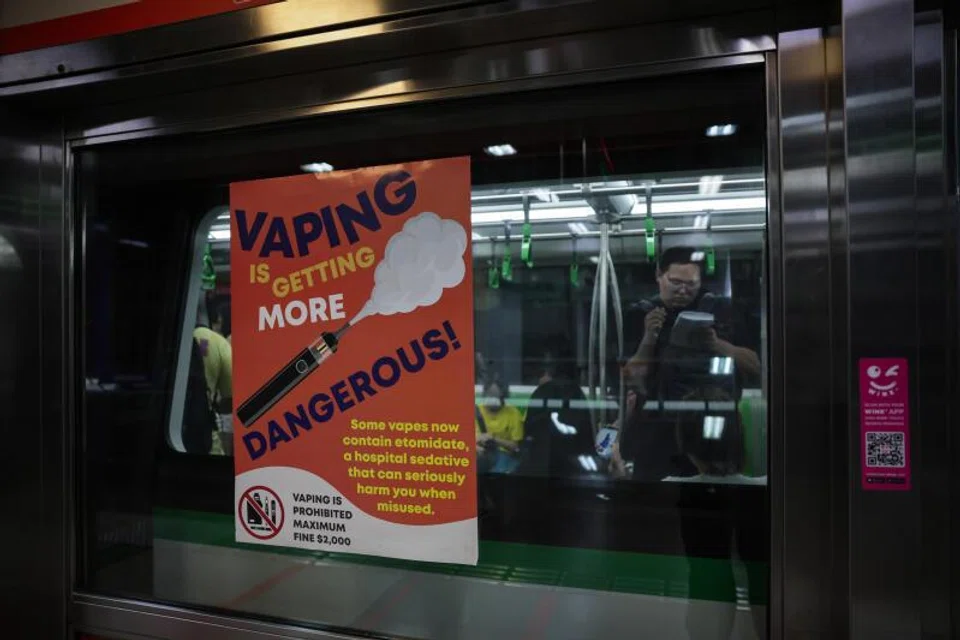Grand River Enterprises Six Nations of Canada and Native Wholesale Supply Co. of New York have agreed to pay $50 million to settle tax evasion charges in the state of New York.
According to court documents, these two companies transported millions of unsealed cigarette boxes from Canada to New York.
Native Wholesale purchases cigarettes and tobacco products from Grand River, importing them to New York and distributing them to retailers in the state without a license. It is alleged that Grand River was aware that the cigarettes sold to Native Wholesale would be sold in New York without pre-paying state taxes through a stamp agent and without being stamped or taxed in accordance with New York law.
Hardworking New Yorkers pay taxes and multimillion dollar companies should do the same, said Letitia James, New York Attorney General, in a statement. "Regulating and taxing cigarettes is an important tool to protect public health from the deadly harms of tobacco. Today's agreement enforces New York's laws and will prevent untaxed cigarettes from flowing into the state.
In addition to paying $50 million, the two companies have also agreed to modify their business practices to prevent the sale of un-stamped cigarettes in New York in the future.
Statement:
This article is compiled from third-party information and is for industry exchange and learning purposes only.
This article does not represent the views of 2FIRSTS and we are unable to confirm the authenticity and accuracy of its content. The translation of this article is only for the purpose of exchanging ideas and research within the industry.
Due to limitations in our translation ability, this article may not entirely reflect the original text. Please refer to the original article for accuracy.
In regards to any domestic, Hong Kong, Macau, Taiwan, or foreign-related statements and positions, 2FIRSTS is fully aligned with the Chinese government.
The copyright of the compiled information belongs to the original media and author. If there is any infringement, please contact us for deletion.
This document has been generated through artificial intelligence translation and is provided solely for the purposes of industry discourse and learning. Please note that the intellectual property rights of the content belong to the original media source or author. Owing to certain limitations in the translation process, there may be discrepancies between the translated text and the original content. We recommend referring to the original source for complete accuracy. In case of any inaccuracies, we invite you to reach out to us with corrections. If you believe any content has infringed upon your rights, please contact us immediately for its removal.







